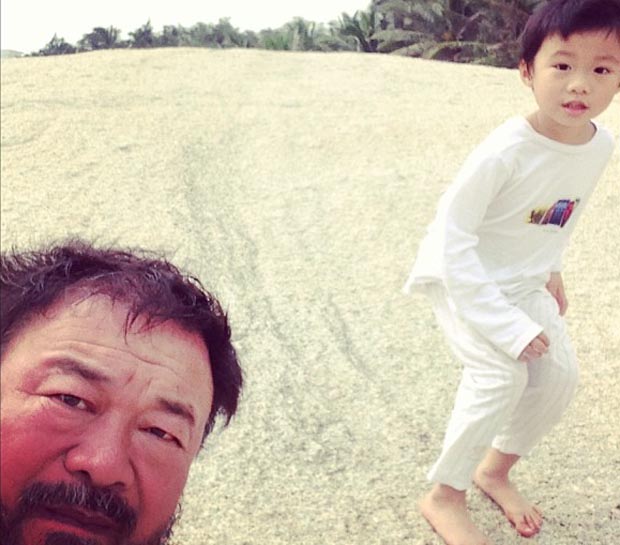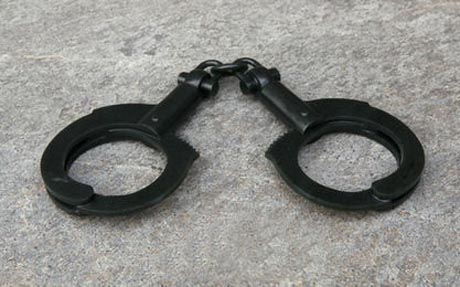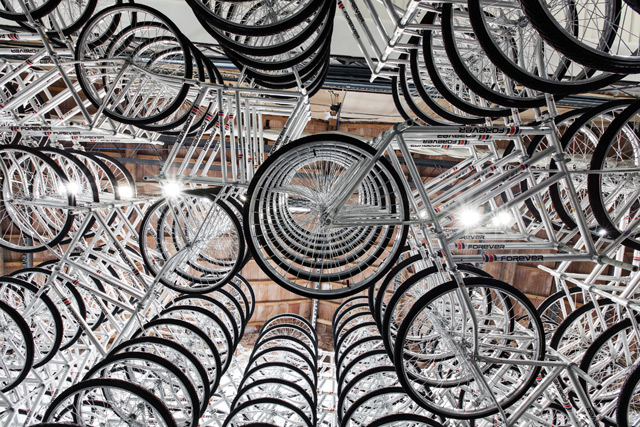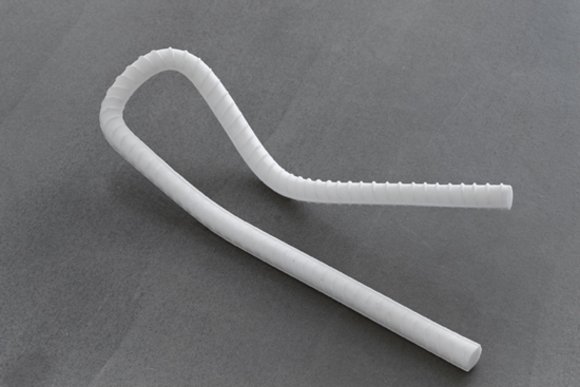
Ai Weiwei on Miami, politics and Anish Kapoor
On the eve of his Miami opening, the artist and Chinese dissident says his work will always be "somehow political"
English might not be his mother tongue, yet Ai Weiwei speaks and writes in the language so clearly and simply that he puts many Anglophone artists and curators to shame. To mark the Miami opening of his traveling retrospective, According to What, at the Pérez Art Museum Miami, he spoke to The Art Newspaper, which publishes a daily paper to accompany Miami's art fair week.
He begins by talking through some of the exhibits in the traveling retrospective. Marble Rebar (2012) is an exact copy of the poor-quality steel concrete supports in the badly built schools that collapsed during the 2008 Sichuan earthquake. Stacked (2012), is a new work made from multiple bicycles, "It is related to my childhood experience and our public life in China today," says Ai, adding "Bicycles, not cars, represent the lives of millions of people." Jade Handcuffs (2012), meanwhile, is a traditionally crafted jade replica of the very cuffs Ai wore during his detention in 2011.

Ai thinks the citizens of Miami are well placed to appreciate his art, because of their cultural make-up, and perhaps - he doesn't state this explicitly - because Miami's many Cuban expatriates might have first-hand experience of unwarranted state interference.
"I think the people in Miami, with the diversity of their cultural backgrounds will have a special angle looking at the works," he tells the paper, "and at the fact that I am an artist living under state surveillance with no access to basic human rights, such as the right to travel and to attend events for cultural exchange."
Ai answers concerns that his is overly political, and that his work is no longer simply fine art, but highbrow protest. "We are living under complex political conditions," he argues. "Our values, judgment, and almost all details of our lives shift shape quickly and face drastic changes every day. Any means to express our deepest and private feelings will inevitably relate to a clear political choice. Willingly or reluctantly, consciously or intuitively, our actions and expressions will always be tied to our aesthetic, moral, and philosophical judgments, and are somehow political."

Indeed, he has some kind words for the artists, such as Anish Kapoor and Olafur Eliasson, among others, who expressed their outrage at his persecution two years ago. "When I came out of detention, the first most touching thing I heard was about the support that poured in from all over the world," he says. "It did not come only from art institutions, but also from individual artists like Anish Kapoor, who made a great personal effort to identify with and protect the freedom of speech. I think it was a heroic act, and its value and significance cannot be underestimated. The actions really pushed society to rethink what we care or love about culture. They reflect the values that can build a more civilized society and encourage individuals to take action. There are also many other artists, such as Olafur Eliasson, Luc Tuymans and [the singer] Elton John, who showed that they are standing on the frontline. I don't know all of them very well, but none of them hesitated in protecting the essential values of human rights."

We'd like to echo Ai's sentiments, and extend our ongoing support. Read the full interview over at the Art Newspaper; find out more about the exhibition here, and to see the first monograph ever published on this important artist, go here. Also, for a greater appreciation of Chinese art past and present, please consider our Chinese Art Book. Buy them both from the people who made them, here.